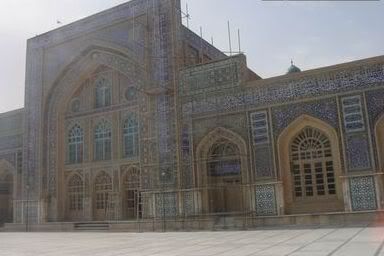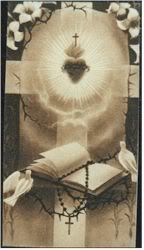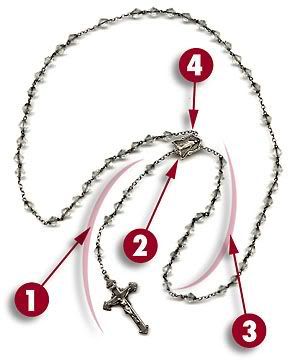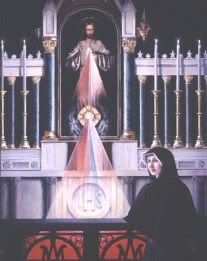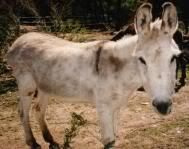
(Mildred the Donkey)
THE DONKEY
One day a farmer's donkey fell down into a well. The animal cried
piteously for hours as the farmer tried to figure out what to do.
Finally, he decided the animal was old, and the well needed to be
covered up anyway.
It just wasn't worth it to retrieve the donkey.
He invited all his neighbors to come over and help him.
They all grabbed a shovel and began to shovel dirt into the well.
At first, the donkey realized what was happening and cried horribly.
Then, to everyone's amazement he quieted down.
A few shovel loads later, the farmer finally looked down the well.
He was astonished at what he saw.
With each shovel of dirt that hit his back, the donkey was doing
something amazing.
He would shake it off and take a step up.
As the farmer's neighbors continued to shovel dirt on top of the animal,
he would shake it off and take a step up.
Pretty soon, everyone was amazed as the donkey stepped up over the edge
of the well and happily trotted off!
Life is going to shovel dirt on you, all kinds of dirt.
The trick to getting out of the well is to shake the dirt off and take a step up.
Each of our troubles is a stepping stone.
We can get out of the deepest wells just by not stopping, never giving
up! Shake it off and take a step up.
Remember the five simple rules to being happy:
1. Free your heart from hatred - Forgive.
2. Free your mind from worries - Most never happen.
3. Live simply and appreciate what you have.
4. Give more
5. Expect less
NOW --------
Enough of that ...
The donkey later came back, and bit the crap out of the farmer who had
tried to bury him.The gash from the bite got infected, and the farmer eventually died in
agony from septic shock.
MORAL FROM TODAY'S LESSON:
When you do something wrong, and try to cover your ass, it always comes
back to bite you.
(Via NChristAlone and TexLady, emails)

 Posted by
Posted by
